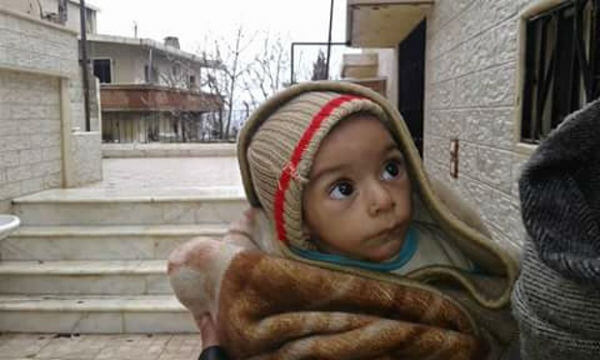The New York Times reports: The United Nations secretary general is supposed to answer to every nation on earth — and no nation at all.
So the unusually frank admission by the secretary general, Ban Ki-moon, on Thursday that he had essentially been coerced into removing a Saudi-led military coalition in Yemen from an ignoble list of armies that kill and maim children was a rare window into the limits of his moral and political authority — and an object lesson for whoever succeeds Mr. Ban next year.
On Thursday, Mr. Ban told reporters that he had been threatened with the loss of financing for humanitarian operations in the Palestinian territories, South Sudan and Syria if he did not temporarily delete the Saudi-led coalition from the list.
The coalition has been accused of indiscriminately bombing civilian and nonmilitary targets in its battle against Houthi rebels in Yemen for more than a year. The coalition, which is backed by the United States, has consistently denied the accusations.
Mr. Ban’s office issued a report last week on violations of children’s rights in war zones, and it cited deadly coalition attacks that had hit schools and hospitals. By Monday, however, the coalition was taken off the list, after lobbying by Saudi Arabia and some of its wealthiest allies who help finance United Nations humanitarian operations. [Continue reading…]
Human Rights Watch: “The secretary-general’s decision flies in the face of overwhelming evidence that violations by the Saudi-led coalition have killed and maimed hundreds of children in Yemen,” said Jo Becker, children’s rights advocacy director at Human Rights Watch. “Allowing governments that commit abuses against children to bully their way off the list makes a mockery of the UN’s children protection efforts.”
The UN has verified that at least 785 children have been killed and 1,168 injured in Yemen during fighting in 2015, with 60 percent of the casualties attributed to the Saudi-led coalition, the secretary-general’s report said. The UN also verified 101 attacks against schools and hospitals, attributing nearly half of the attacks to the Saudi-led coalition. Nongovernmental organizations have made similar findings. [Continue reading…]


